On March 7, 2023, (from left to right) Cai Qi, Wang Huning, and Li Qiang at the Chinese Communist Party's National People's Congress. (Greg Baker/AFP via Getty Images)
[People News] With growing signs that Chinese Communist Party (CCP) leader Xi Jinping has lost control over the military and seen his authority within the Party diminished, public attention is now focusing on the CCP's upcoming Fourth Plenary Session of the 20th Central Committee, reportedly scheduled for the end of August. What kind of personnel changes will occur? Will Xi step down completely or retain some positions? Who will replace him? What will become of Xi's close ally Cai Qi and the other Politburo Standing Committee members?
Against this backdrop, every move by top officials in Zhongnanhai is being closely watched. Recently, actions by Premier Li Qiang, NPC Standing Committee Chairman Zhao Leji, and Vice Premier Ding Xuexiang suggest a scaling down of support for Xi. Cai Qi and Central Commission for Discipline Inspection head Li Xi have also shown signs of lowering their tone. A Politburo meeting on March 31 notably avoided the term “core leader Xi,” all signalling that Xi’s status as the sole supreme authority is no longer intact. Rumours of major shake-ups in the Party are gaining credibility. Interestingly, amidst this, one Standing Committee member continues to put on a display of loyalty to Xi—Wang Huning, chairman of the CPPCC (Chinese People's Political Consultative Conference).
According to CCP mouthpiece Xinhua News Agency, on May 28, Wang Huning chaired a CPPCC leadership meeting where he “conveyed and studied the spirit of Xi Jinping’s recent speeches and instructions.” While Wang mentioned Xi’s directives four times, he did not overly flatter Xi.
On May 27, Wang met with former KMT Chairwoman Hung Hsiu-chu and other representatives attending a cross-strait cultural summit. He mentioned Xi only once during his talk and did not lavish praise, within the bounds of normal protocol.
However, the report about Wang Huning presiding over the third collective study session of the CPPCC Party Group's theoretical study center on May 26 was neither published on Xinhua’s website nor reported by Xinhua at all. The report instead came from the People’s Political Consultative Conference Daily, which is run under Wang's jurisdiction.
For a Standing Committee member's event to be deliberately ignored by state media is abnormal, though not unprecedented. The likely reason is that Wang once again put on a performance of excessive praise for Xi.
According to the People’s Political Consultative Conference Daily, the session’s theme was “Thoroughly Study and Implement Xi Jinping’s Diplomatic Thought, Effectively Conduct Friendly Exchanges Abroad.” As in the past, Wang lavished high praise on Xi, making him stand out from his Standing Committee peers.
Wang declared that “Xi Jinping’s diplomatic thought is an important part of Xi Jinping Thought… a major theoretical achievement combining the basic principles of Marxism with the practice of diplomacy with Chinese characteristics and excellent traditional Chinese culture. It provides fundamental guidance and action principles for major-country diplomacy in the new era and contributes Chinese wisdom and solutions to global problems.”
He also praised Xi’s role as the “helmsman,” claiming the Party’s diplomatic achievements are rooted in Xi’s leadership and diplomatic thought. Given that Xi’s foreign policy has widely been seen as a failure, and that the new central leadership has stripped him of foreign policy control, Wang’s rhetoric clearly runs counter to the new leadership.
Additionally, Wang reiterated the “Two Establishes” and “Two Upholds” (establishing Xi as the core of the Party and upholding his authority), calling on CPPCC members to “deeply comprehend the truth and practical power of Xi Jinping’s diplomatic thought.”
However, the seemingly schizophrenic Wang ended his speech by stating that the Party must “adhere to the Party’s overall leadership, especially the centralized and unified leadership of the Party Central Committee,” indirectly acknowledging that someone other than Xi is now pulling the strings.
Notably, a similar situation occurred during the CPPCC Party Group’s second collective study session on April 22, which was also missing from Xinhua’s website and Wang’s profile page, though it was published on the CPPCC website citing Xinhua as the source. This suggests that while Xinhua may have written the report, it was either never published or quickly removed.
In that report, Wang's rhetoric closely resembled that of the third study session—first heaping praise on Xi, stating that Xi’s speeches “provide sharp ideological weapons” and “fundamental guidance” for the entire Party, then following with Central Committee mandates like recognizing the historical significance of the Eight-Point Regulation and its achievements.
Earlier, during the closing session of the CPPCC on March 10, Wang’s speech was also altered by state media, with some sycophantic language praising Xi being removed—another highly unusual occurrence.
As previously noted by this author, it is standard procedure for the activities of Politburo Standing Committee members to be published on Xinhua and archived in their official profiles. For example, the CPPCC Party Group’s first meeting on January 10 this year was both published and archived, and its references to Xi were not censored.
But the reports on the second and third CPPCC Party Group study sessions under Wang were treated differently. The second was written by Xinhua but taken down, and the third was ignored altogether by Xinhua and only published by the CPPCC’s own outlet.
This handling of Wang Huning’s activities suggests three key points:
-
Wang’s excessive praise of Xi appears to violate new internal norms set by the actual powerholders in the Party. After the “Two Sessions,” where public praise for Xi was allowed for formality’s sake, a deliberate de-escalation is now in effect, likely laying the groundwork for Xi’s eventual exit.
-
The propaganda apparatus is likely no longer under the control of Politburo Standing Committee member Cai Qi.
-
Wang Huning, though aware of these new rules, continues to challenge them—not out of loyalty to Xi, but as a form of protest or dissatisfaction.
As Xi’s power declines, and the Hu-Wen (Hu Jintao–Wen Jiabao) faction regains influence, the CCP’s power structure is being reshuffled. As a sycophant who has served three administrations, Wang Huning finds himself politically awkward. His obsequiousness during Xi’s reign and his silence during the dramatic removal of Hu Jintao from the 20th Party Congress make it hard for him to win trust from the new leadership, especially now that Vice Chairman of the CPPCC Hu Chunhua, aligned with Hu Jintao, is rumored to be making a political comeback.
Therefore, a disgruntled Wang appears to be venting his frustration through exaggerated praise of Xi ahead of any official announcements of power shifts—while subtly warning subordinates tied to the Hu faction, such as Shi Taifeng, Hu Chunhua, and Jiang Xinzhi. But the new central leadership is clearly not allowing him to go beyond set boundaries, hence the public snubbing of his activities and the restriction of his influence to his own limited sphere—a clear warning.
This renewed suppression of Wang’s pro-Xi statements further confirms that Xi’s political fortunes are fading. His allies in the Politburo either have switched allegiance or are powerless to resist. Has the countdown to the official announcement of regime change already begun?
(Originally published by People News)

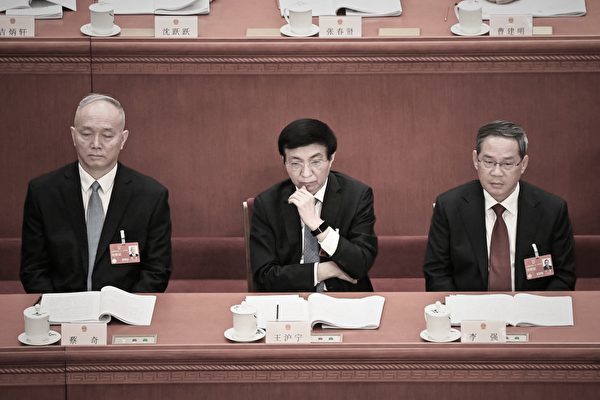

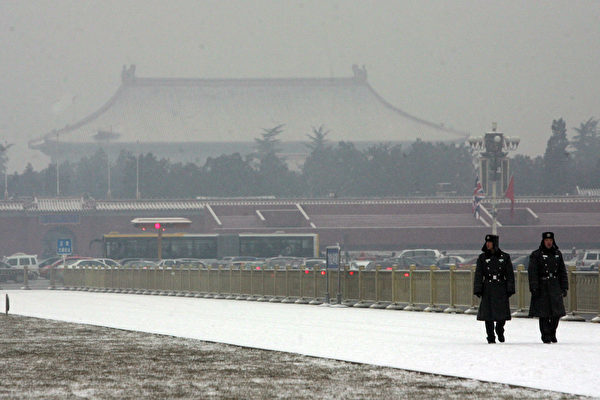
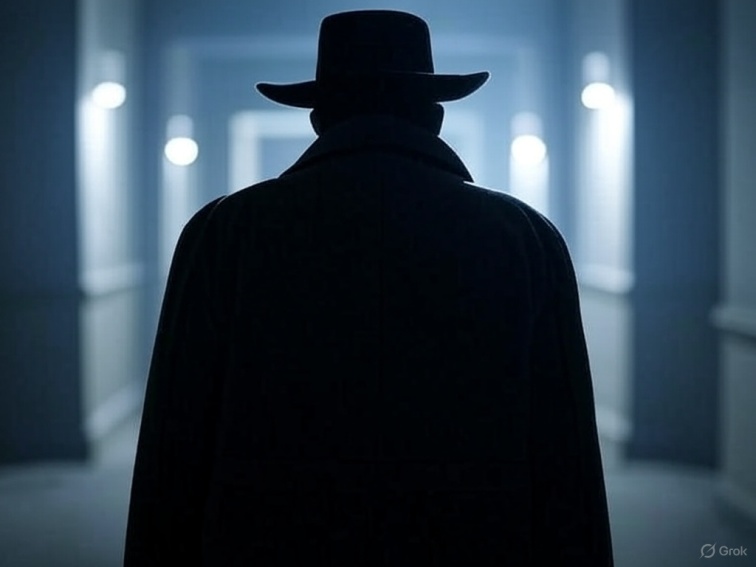

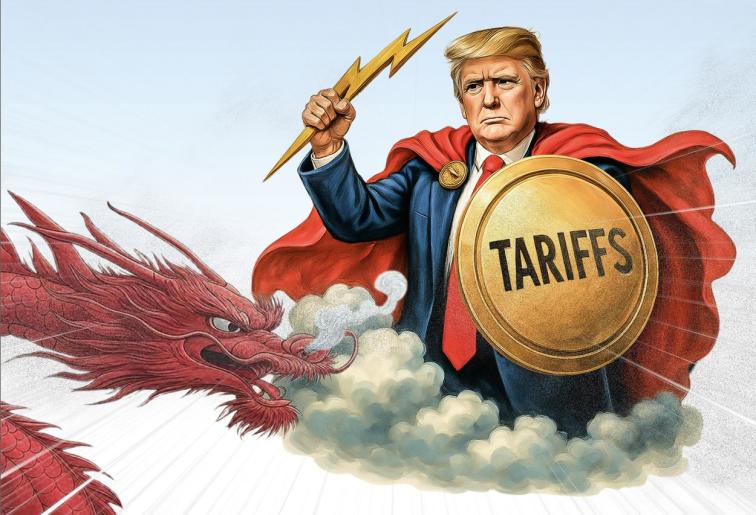


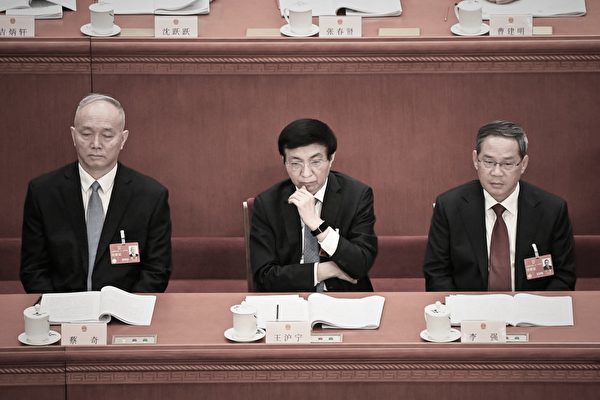

News magazine bootstrap themes!
I like this themes, fast loading and look profesional
Thank you Carlos!
You're welcome!
Please support me with give positive rating!
Yes Sure!